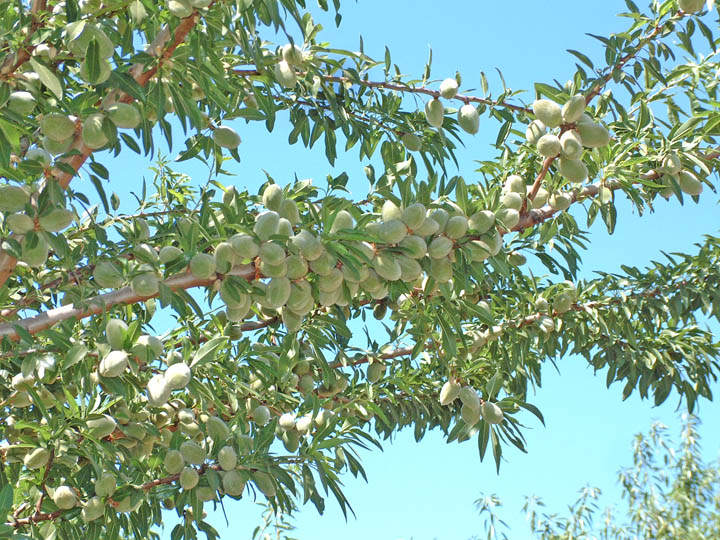October 1, 2010

Chuck Dirkse, La Mancha Orchards, Denair, Calif., said his participation in the California Almond Sustainability Program has given him insights into ways he can improve the sustainability — and profitability — of his farming system.
When Dirkse first heard about the California Almond Sustainability Program (CASP), he says his first reaction was, “Oh, great, more paperwork.”
But in talking with his handler and through his participation in the Almond Industry Leadership Program, Dirkse realized that buyers more and more are asking about sustainability and that it is up to growers to provide that information.
“The more I learned, the more I realized you can’t just pretend it doesn’t matter what the rest of the world or buyers want,” he said.
Dirkse participated in the launch of the first sustainability modules on irrigation and nutrient management and plans to participate in each additional module as they are rolled out.
The process, which Dirkse says took about an hour, did get him thinking about things he could do differently on his family’s 300-acre almond orchard to farm more sustainably while saving money and increasing production. He plans to install soil moisture monitoring equipment to improve water use efficiency on his drip-irrigated orchards.
“The first modules on nutrient and water management got me thinking about how I can be sure I really am putting on the right amount of water,” Dirkse said.
For more information on CASP, e-mail [email protected].
About the Author(s)
You May Also Like




